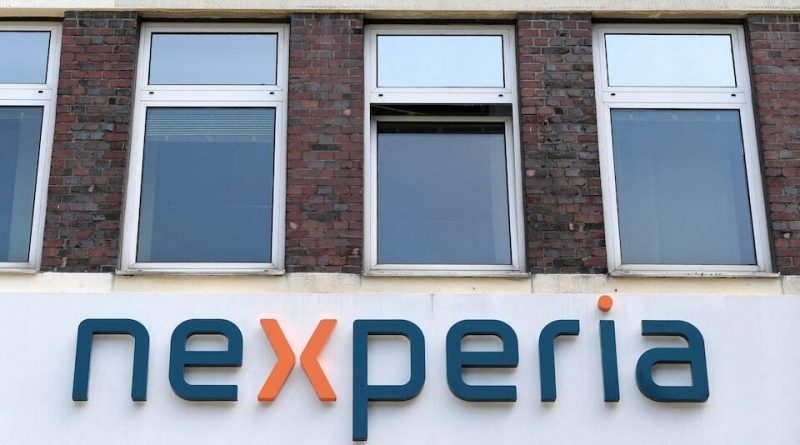China Urges Netherlands to Take Action to Resolve Nexperia Dispute, Calls for Constructive Cooperation
Shanghai – Beijing seeks a balanced solution to the Nexperia standoff, emphasizing mutual respect, industrial stability, and the importance of maintaining trust in global semiconductor trade relations.
China has expressed hope that the Netherlands will take concrete steps to resolve the ongoing dispute surrounding the semiconductor company Nexperia, which has caused supply disruptions in the automotive industry and heightened global trade tensions.
The Chinese Ministry of Commerce confirmed that it had agreed to host Dutch representatives in Beijing for discussions aimed at finding a mutually beneficial resolution.
The issue began when the Dutch government seized partial control of Nexperia — a chip manufacturer based in the Netherlands but owned by China’s Wingtech Technology — citing national security and concerns about the relocation of production facilities from Europe to China.
In response, China temporarily blocked exports of Nexperia’s finished semiconductor products, leading to a shortage of chips critical for car production across Europe.
The Chinese Commerce Ministry emphasized that dialogue and cooperation are the most effective ways to address the situation. “China has always supported open trade, fairness, and mutual trust,” a ministry spokesperson stated.
“We look forward to the Netherlands taking positive and practical actions to stabilize industrial cooperation and global semiconductor supply chains.”
The Netherlands’ Ministry of Economic Affairs confirmed that “constructive talks” are ongoing and that both sides are committed to finding a solution that respects national interests while ensuring the continuity of vital technology supply.
While Dutch officials declined to discuss specific details, sources close to the matter indicated that the talks are progressing in a “professional and forward-looking” manner.
Nexperia, which manufactures essential semiconductor components used in car systems and consumer electronics, plays a vital role in Europe’s automotive and electronics supply chains.
The company’s temporary production slowdown has caused ripple effects across several major car manufacturers, prompting urgent appeals from industry groups for diplomatic engagement.
In recent weeks, China has also begun allowing selective export exemptions to certain European automakers, easing short-term pressure while long-term discussions continue.
Industry analysts note that this pragmatic approach reflects Beijing’s interest in maintaining economic stability and avoiding a broader supply chain crisis.
The Nexperia issue underscores the complex interdependence between global technology markets and international policy decisions.
As semiconductor demand surges worldwide, both China and the Netherlands have a vested interest in restoring smooth trade operations to prevent further disruptions in the automotive and electronics sectors.
Experts suggest that resolving this dispute could set a precedent for future cooperation between Europe and China in high-tech manufacturing.
“This crisis offers an opportunity for both sides to build a more transparent and balanced framework for technology collaboration,” said one international trade analyst.
“With constructive dialogue and mutual respect, the Nexperia case could evolve from a point of tension into a model of modern industrial diplomacy.”
Both governments have emphasized their commitment to continuing negotiations. The Chinese side remains optimistic that the Netherlands will adopt a “practical and cooperative” stance that aligns with global trade principles.
Meanwhile, the Dutch government has reassured European partners that it seeks a solution that safeguards national interests without undermining industrial growth or innovation.
The ongoing talks between China and the Netherlands represent more than a single corporate dispute — they highlight the challenges and opportunities in managing economic globalization amid evolving geopolitical realities.
As Beijing and Amsterdam work toward consensus, the world’s semiconductor markets are watching closely, hoping for a resolution that reaffirms stability, partnership, and shared progress.


